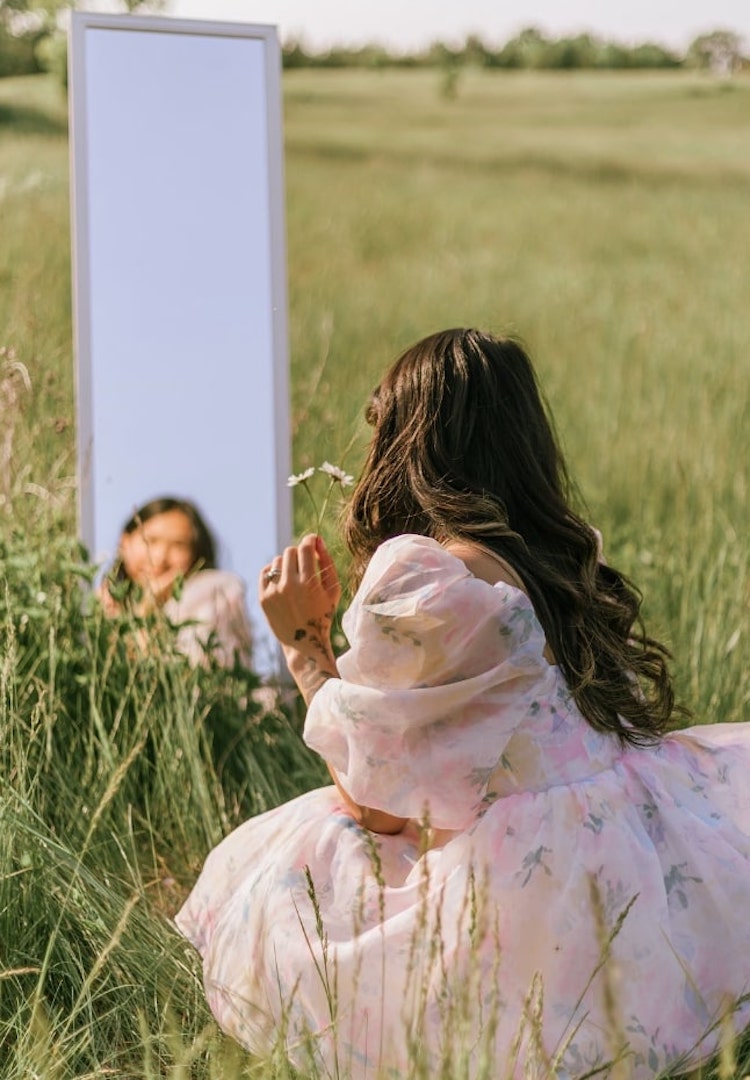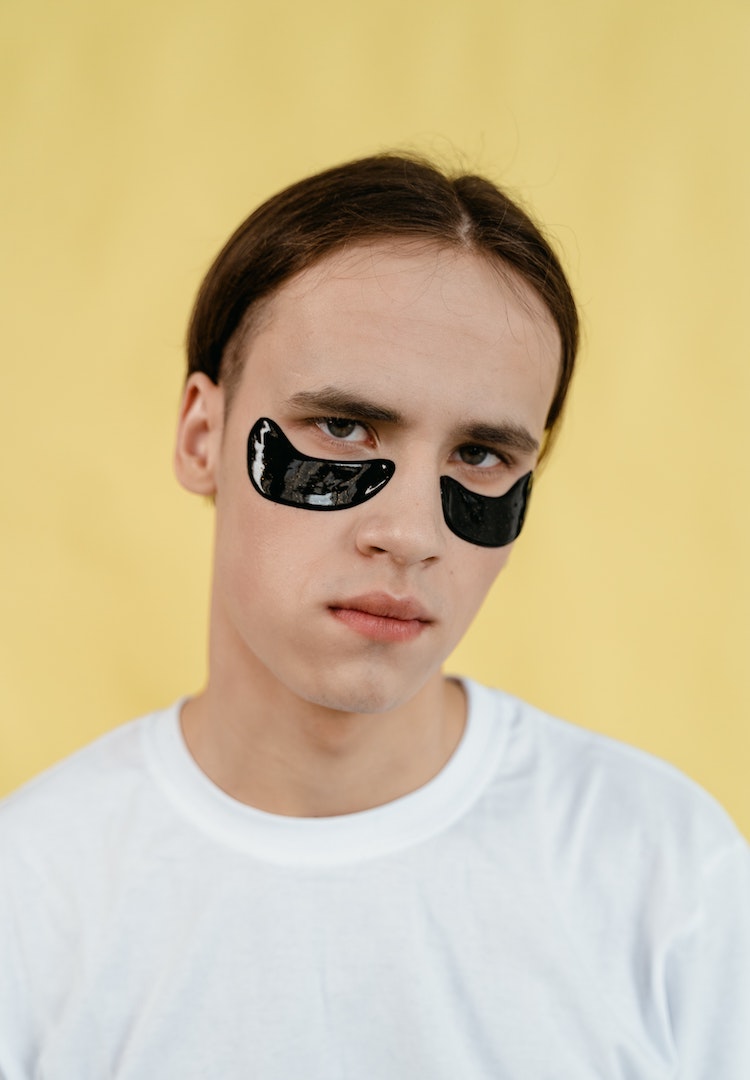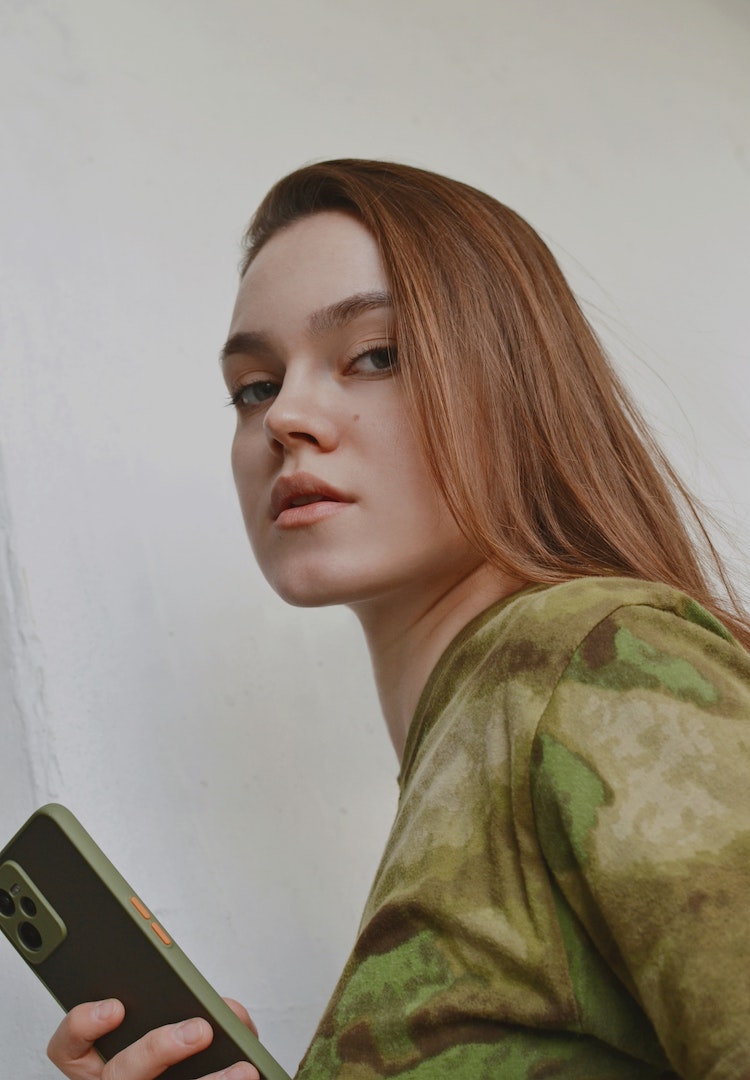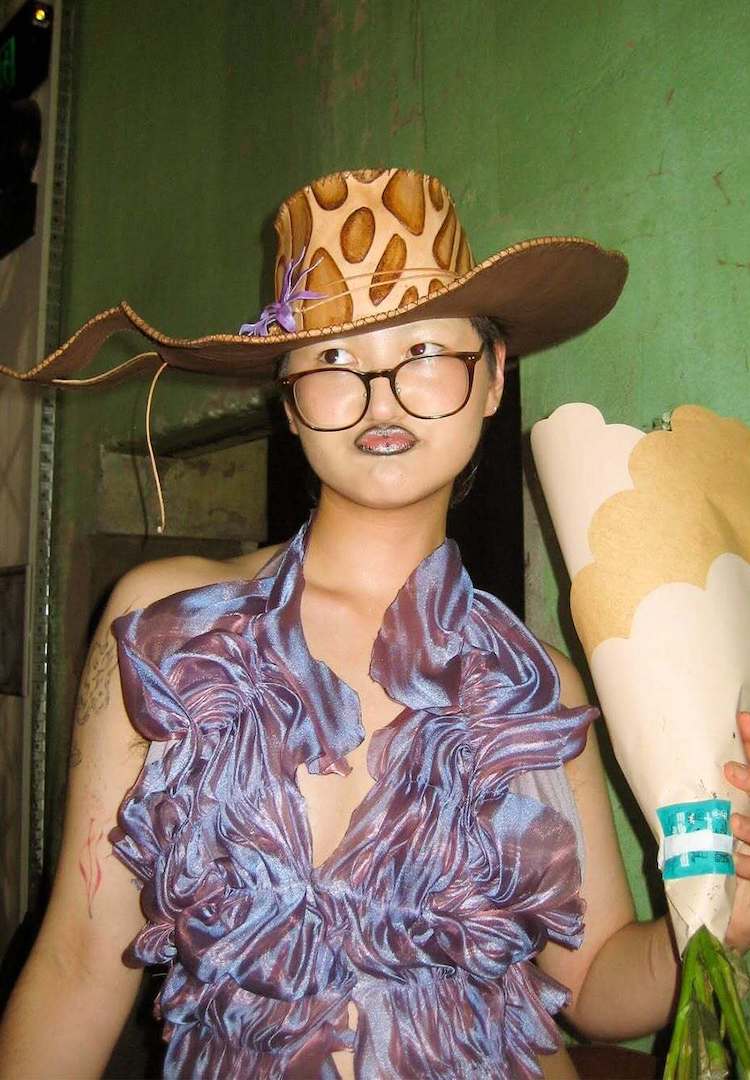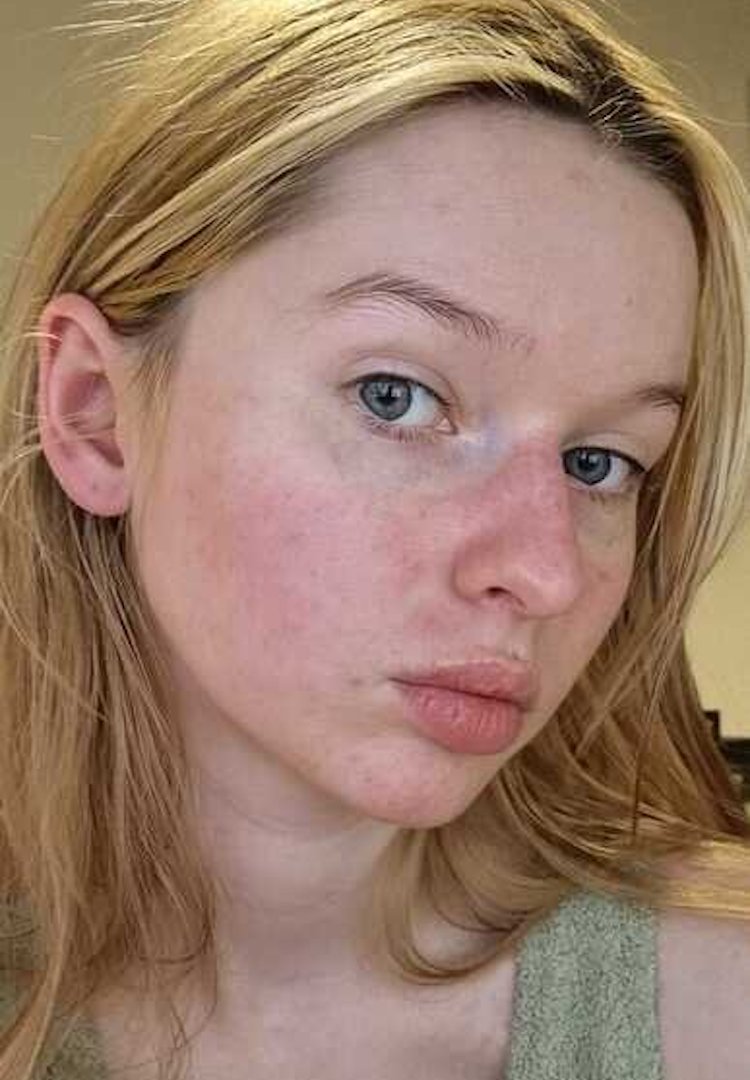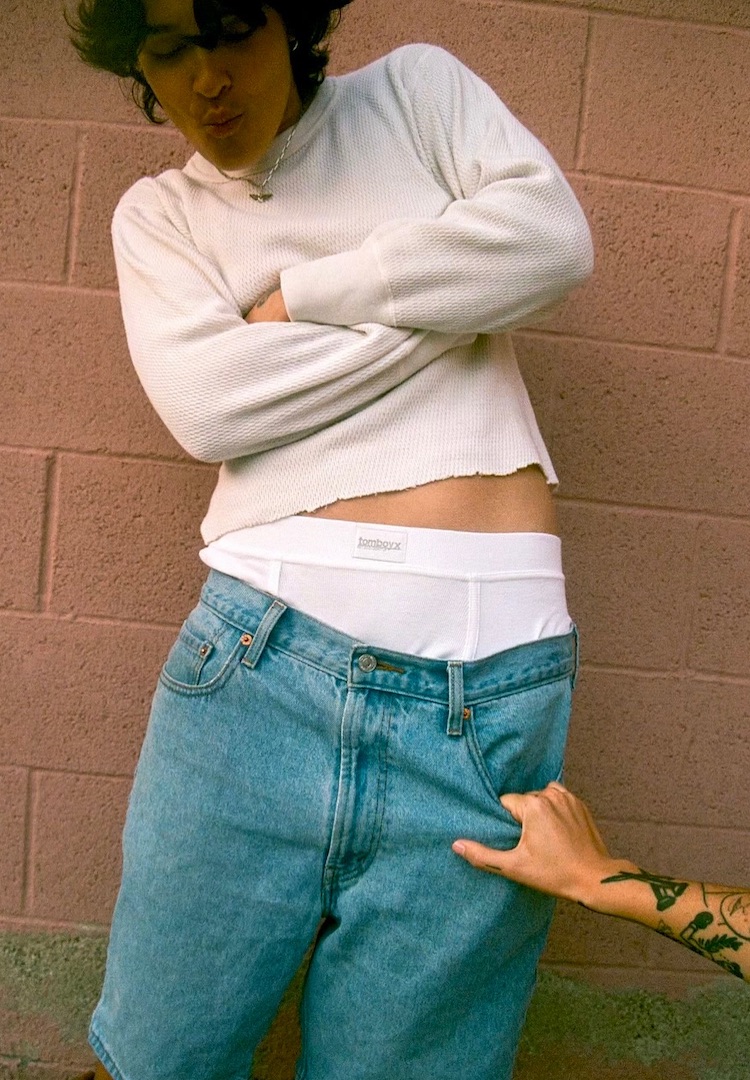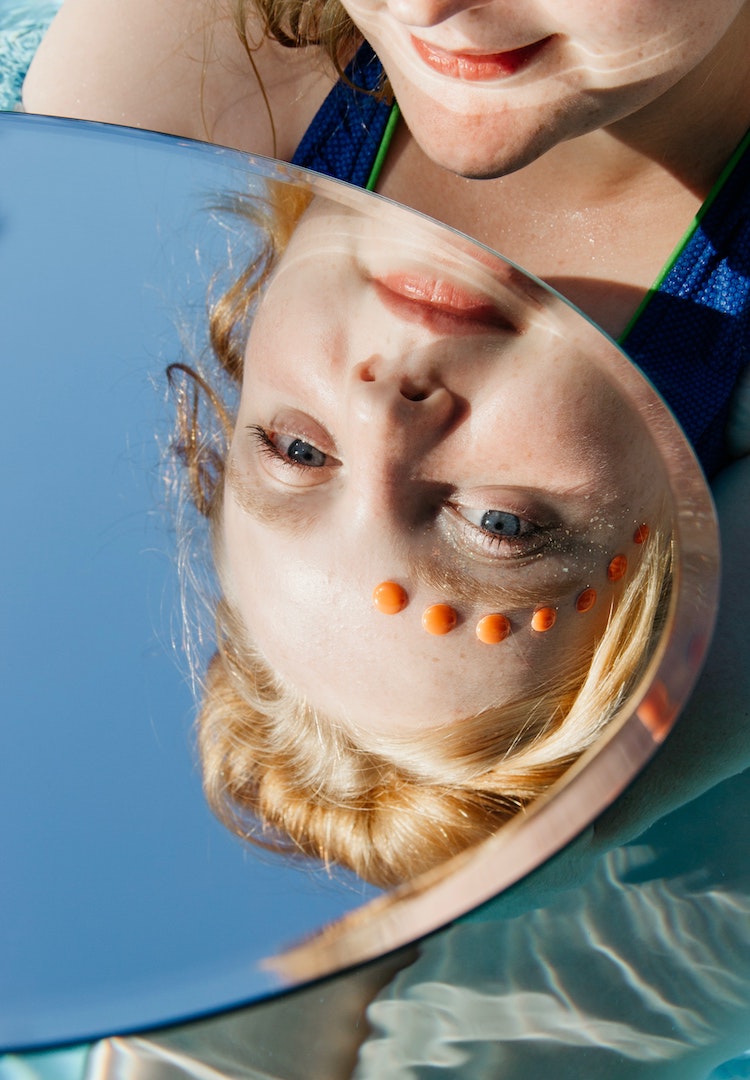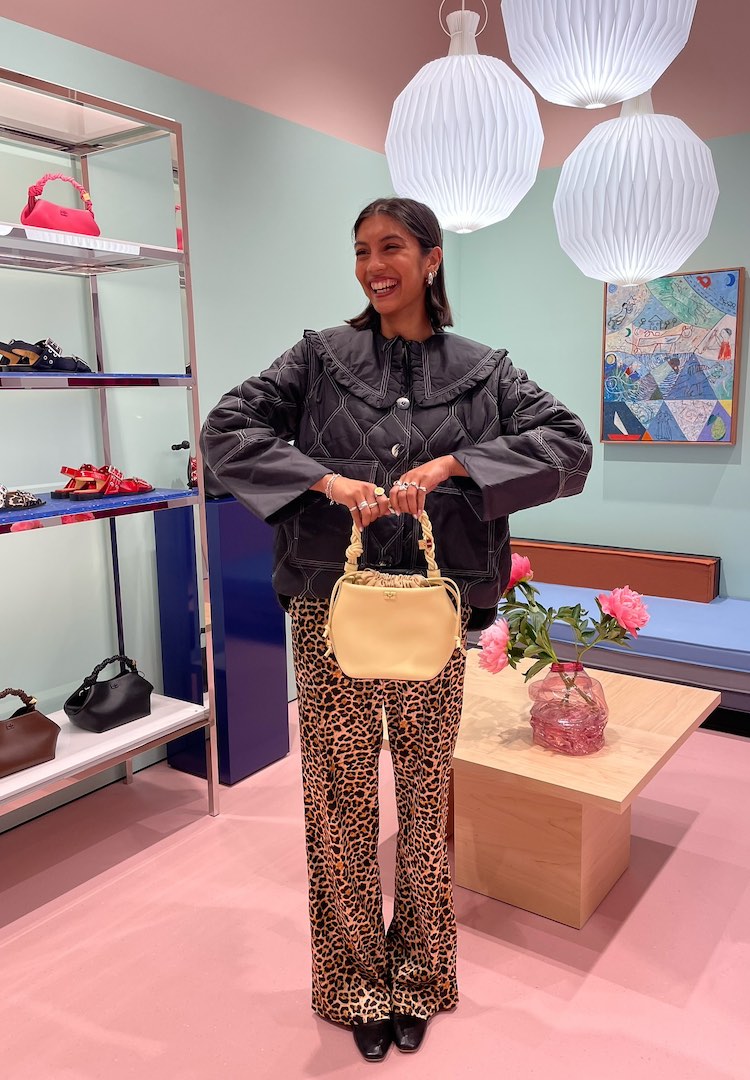Is it problematic to be turned off by men who take pride in their appearance?
WORDS BY GEORGIA KING
“Unpicking what attraction says about us and the biases we hold is both a daunting and fascinating practice.”
A couple of weeks ago a group chat with my girlfriends blew up. We were completely divided as to whether or not Austin Butler was ‘hot’ (women can be judgemental arseholes too) and while some of the group were completely obsessed with his ocean blue eyes and lush blonde locks, the rest of us were not into him at all.
When probed as to why I felt so strongly that the man who plays Elvis in the recent biopic comes across as just a bit ‘meh’ to me, I was surprised to find myself answering that men who take too much pride in their appearance are unattractive. Some of my friends agreed while others were gobsmacked, but I held firm.
Interested to hear how others navigate the world? Head to our Life section.
Austin Butler strikes me (despite really only having this thumbnail of him biting his lip as my evidence) as a man who takes too much pride in his appearance and, whether that assessment is fair or not, I’m just not into it. As the words came out of my mouth – or more accurately, as they were typed into Messenger – I was shocked by the double standard of what I was vocalising.
There’s no issue when a woman is vain – usually, she’s celebrated for plucking, poking and plumping every inch of her face and body (which is problematic in itself, of course). But when a man gives off any hint that perhaps he brushed his hair in the morning or slapped a bit of Sukin on his face before heading out for the day, I’m repelled.
My knee-jerk revulsion toward men who care about their looks was piqued when news circulated that Joe Jonas had inked a deal with injectables brand Xeomin, making him the new poster boy for male-marketed Botox. While it might be brilliant (or more likely, terrible) that Joe is destigmatising injectables-for-men, I still felt that sense of judgement creeping in and for that, I judged myself.
While what women experience at the hands of a culture that values youth and beauty above all else is indisputably worse – 63 per cent of people with eating disorders in Australia are female and 37 per cent are male – it’s ignorant to think men don’t also experience shame about the way they look.
To help me untangle my intolerance to male vanity and establish whether or not I’m the horrible person I suspect myself to be, I spoke with Dr Scott Griffiths, a body image expert and senior research fellow at the University of Melbourne. Dr Griffiths tells me the number of men in Australia who struggle with their body image is staggering.
“A majority of young men and boys are discontented with at least one aspect of their appearance. When we’ve run general population studies to see the proportion of men 18 years and older who are unhappy with their appearance, it’s a very significant number, it’s up around 40 per cent.” In terms of just how problematic Dr Griffiths thinks my aversion may be, he says while I’m not a horrible person for feeling the way I do (a relief), my stance wasn’t completely fair.
“There may be some women who see men investing in their appearance, even among those who might know that’s not an appropriate thing to say, who nonetheless do feel the ‘ick’. But that doesn’t mean that it’s helpful, or fair. When you pull it back to both genders combined, a major, major stigma of eating disorders (which mostly affect women) is that the folks who have it are vain or narcissistic.
“When you look at someone who their whole life has been told that a substantial, if not the major source of their self-worth and self-esteem is how they look, to then turn around and say ‘You investing in your appearance is vain, is a turn-off, or is narcissistic’, that’s incredibly unfair, and perpetuating that on men who are now responding to more pressure than they’ve had possibly ever, is just to perpetuate that unfairness,” he explains.
So, to be unattracted to vanity is a little unfair, but how do we control who we are or aren’t attracted to? Can we control it? Or is it innate? “We haven’t decided yet how much morality should feature into romantic desire and attraction. We just haven’t… You’ve got people who are attracted to tall men, or people who are attracted to thin women, people who are [attracted to] young [features or] have certain eye colours or hair colours [they prefer].
“Where do we draw the line as to what is appropriate and inappropriate, moral and immoral? I don’t think it’s clear. And where it’s unclear like that, I don’t think it’s fair for people to be made to feel horrible or to think of themselves as horrible,” Dr Griffiths tells me.
“Most people recognise that attractions likely are informed by a lot of forces outside of their control. The problem is once that’s happened, trying to rectify it is super murky. What do you do? Do you go on dates with people that you’re not into? It’s all so super murky. I think people should introspect on who they’re attracted to and why. I don’t think they need to feel guilt about it necessarily, but empathy is what they need to feel.”
While I’m fairly confident Austin Butler won’t be offended by my lack of interest (I’ve got a feeling I’m not his type either) unpicking what attraction says about us and the biases we hold is both a daunting and fascinating practice. As Dr Griffiths says, and as the data shows, men struggle with toxic beauty standards too and to dismiss them as being vain for catering to a culture that values beauty above all else, is simply unfair.
If you’re struggling with body image issues or eating disorders, you can call the Butterfly National Helpline at 1800 33 4673 for free and confidential support, or email or chat to them online here.

